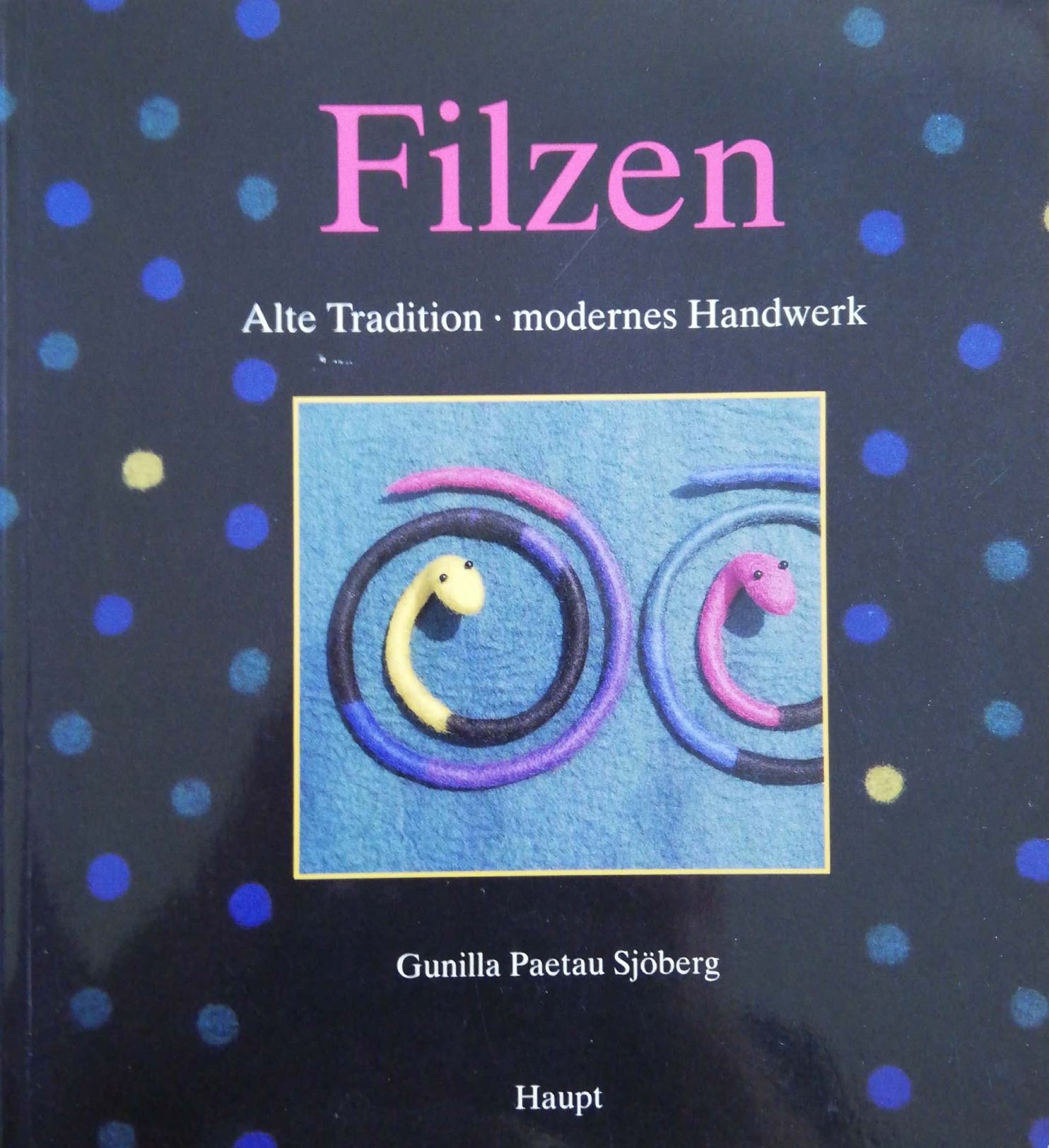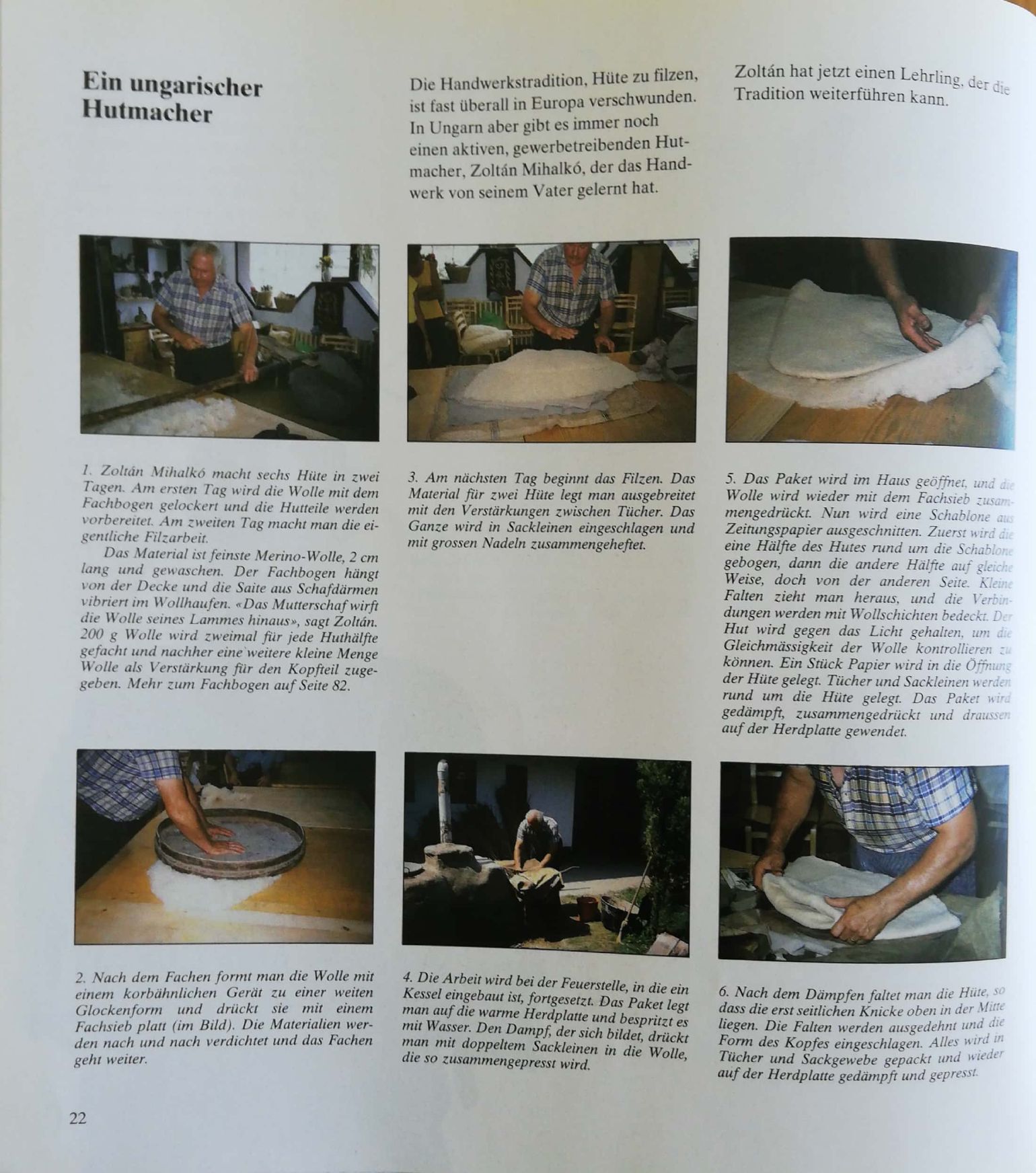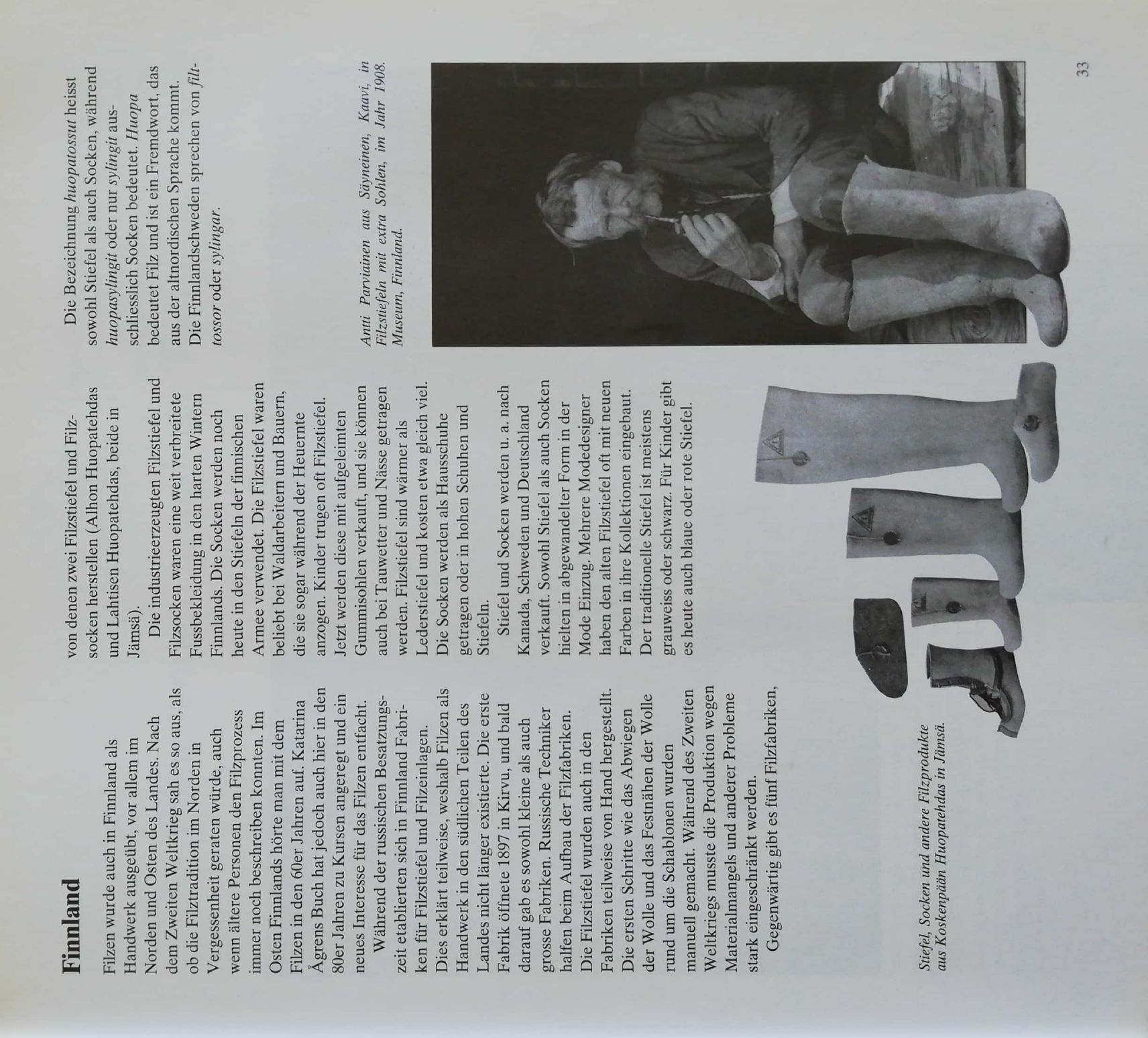The Dodo Blog
Create delightful Christmas ornaments (and recycle you felt leftovers)

THE STORY BEHIND THIS PROJECT
I belong to a small felt club that gets together once a month via Zoom to felt in a group setting.
In our December meeting, the suggestion was that we create seasonal pieces. We usually felt 3D/sculptural items, and that was planned for December as well. But even though we work on a certain topic each month, we do have much creative freedom in the group. So, this time I thought of doing something slightly different.
I have tons of felt leftovers from many projects along the years, and I wanted to do something seasonal by recycling what I already had, instead of producing something entirely new. These bits accumulate with time, and it bothers me to see so much material not be used.

So, I gathered the thicker white felt leftovers (some of which was Nuno felt, which made it even more interesting), as well as some fun “Christmassy” templates I also already had from past projects. And, without having a clear initial idea, I started cutting the flat felt i...
Free Easter felting tutorial
This year, make your Easter gifts extra special!
Here’s a sweet tutorial to help you gift some extra love this Easter 😊
WHAT DO YOU NEED FOR THE BUNNIES?
That will depend on how many you want to make. So, I’ll just give you the list of materials for 4 bunnies like mine. You can adapt the colors and/or decoration to your own taste.
- 40 cm of green ribbon
- 40 cm of pink ribbon
- 2 small bells
- 2 sew-on strass pieces
- Green and pink thread
- A thin needle (that can pass through the holes of the strass)
- A thimble
- 2 thin felting needles
- Felting foam
- Some white fine merino wool
- 2 thick (about 7 mm thick) sheets of pre-felt (pink and dark brown); each of them should be big enough to cut 2 bunnies
- The pattern
- Some gold and silver thread

INSTRUCTIONS
Start by making the pre-felt with your wool of choice. I can’t say exactly how many layers you need, since that’ll depend on how thick you lay your wool. But 4 should do if you’re working with thick layers.

Cut 2 bunnies in pi...
"How I Felt" - a must have wet felting book
If you’ve been in my felting world for some time, you’ve heard me talking about this book for sure. It’s one of my absolute favorites in my collection.
If you’ve just recently discovered my blog, and you’re as obsessed about felting books as I am, there’s still time to add it to your Christmas presents wish list :)
I’m talking about “How I Felt”, a book about the work of the late Christine Birkle.


 There are many felt makers I admire. But after over 20 years of looking at other artists’ work, Christine Birkle is still number one for me.
There are many felt makers I admire. But after over 20 years of looking at other artists’ work, Christine Birkle is still number one for me.

She founded the label HUT UP in Berlin in the 90s and was an absolute pioneer of modern wet felting. She has created many of the designs that inspired much of what is currently around in our field.

I was extremely lucky to have come across her work in Berlin in the early 2000s and have spent many hours admiring her pieces live in her shop in Berlin.


I’ve always been fascinated by Christine’s use of color and transparency, and the way she ma...
Wet felting book review
"Filzen: Alte Tradition, Modernes Handwerk" (German version)
"Felt: New Directions for an Ancient Craft" (English version)
by Gunilla Paetau Sjöberg

This might be the best book about wet felting I have. And I do have many 😊
It’s over 20 years old, it doesn’t have amazing photos and it has a lot of text. So, it might not be the first book to grab your attention when you look at my bookshelf.
I have it in German, but there’s also an English version.
So then, what makes it so special?
I think it’s the most complete wet felting book I’ve ever seen. I could call it a felting encyclopedia.
Let’s have a look inside, so that you can see what I mean.
It starts with an incredibly complete History of felt and it covers different felting traditions found in Europe and Asia: from hat making in Hungary and shepherd coats in Turkey, to the felt masks worn by the Vikings, and socks and shoes made in Sweden, Norway, and Finland.


It then dives into felting techniques from other cultures: ...
Tips For Wet Felted Wall Hangings
A couple of weeks ago I got a sweet email from Jet van Grinsven, a felter from the Netherlands, thanking me for the inspiring blog and info, as well as asking me a question.
Jet is building a new home and wants to create a wall hanging, but isn’t sure if she should be using a stronger background as a base for the felted structure. Jet had been advised to use cheese cloth, but wasn’t certain if that was the best option. So, she wanted to know if I could give her some tips on that.
If making a felted wall hanging is something you’re thinking about, maybe you can take advantage of the tips I gave Jet, so here they are.
“You don't necessarily need to use a background as a base for your wall covering. It will depend a lot on what you're planning to felt.
I'd say the first thing to think about is how thick you'll make the piece. For example, here is a photo of a wall decoration I made some time ago. It's very light, so it doesn't need any particular background because the piece isn...
Creating Your Own Designs
If you’ve followed my work for some time, you’ll know that something I constantly mention is how I like to teach in a way that empowers you to develop your style and explore your creativity.
I see no point in just showing you how to felt an object. When I’m developing my courses, my goal is always to go into the details and the reasons why I’m using a particular technique. That way, you can apply what you’ve learnt in a different project, so you’re free to develop your own designs. That allows you to grow way beyond the methods taught in a tutorial.
That’s one of the reasons I was so happy when I got an email from Audrey Petzold a couple of weeks ago. Audrey bought the tutorial “Felt Food – Fruit” last April and she wanted to know if the basic procedures I used for making the toy fruits could be scaled up to make life size fruits.
I told Audrey it was perfectly possible, and that she just had to make sure that the inner layers were felted enough to apply the next ones. Basically, al...


